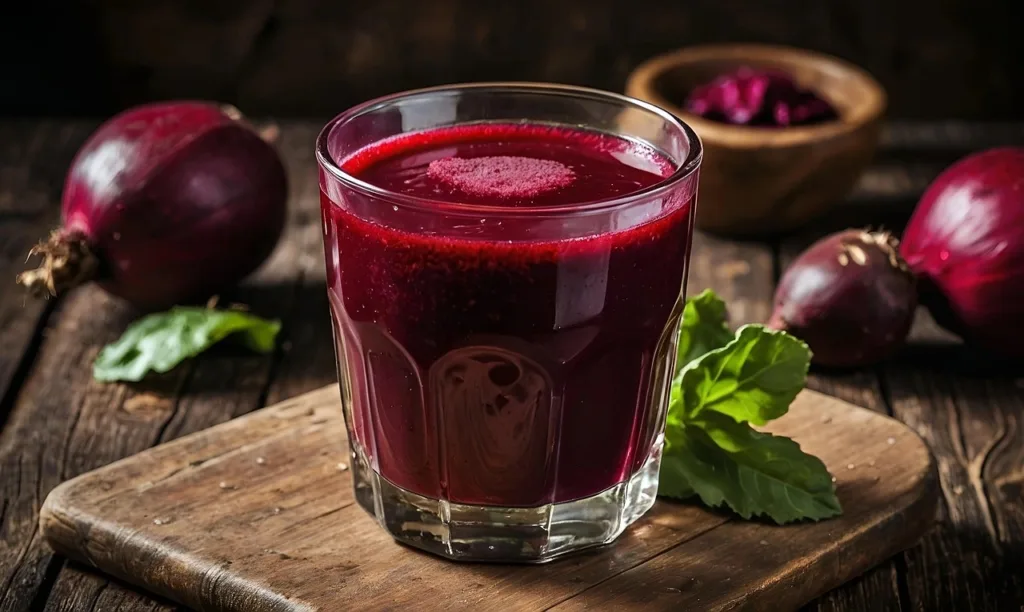The Science Behind Plant-Based Diets Lowering Hypertension: The South African Context

In this guide, you’ll discover the science behind plant-based diets, lowering hypertension in the South African context.
Nearly one in three South African adults lives with high blood pressure.
It’s a slow, silent condition that raises the risk of heart attack, stroke, and kidney disease—yet lifestyle, especially diet, can dramatically reduce that risk.
The evidence is clear: a well-planned plant-based diet can lower blood pressure naturally, without deprivation or the need for expensive supplements.
Here’s the science, with a local lens.
Understanding Hypertension
Hypertension occurs when the force of blood against artery walls remains consistently high. Over time, this damages vessels, strains the heart, and can trigger strokes.
In South Africa, hypertension is a leading cause of cardiovascular disease.
Many adults are unaware that they have it, and even fewer have it under control.
That means most people are living with preventable, reversible high blood pressure—and often it starts on our plates.
Source: Mayo Clinic
What the Science Says: How Plants Help
1) More Potassium, Less Sodium
Most South Africans consume far more sodium than recommended, mainly from processed foods.
Plants are naturally low in sodium but rich in potassium, which helps the body balance fluids and relax blood vessel walls.
Evidence: A Lancet meta-analysis reported that higher potassium intake was associated with a substantially lower risk of hypertension.
Local heroes: bananas, spinach, butternut, beans.
2) Fibre: Nature’s Blood Pressure Regulator
Dietary fibre improves gut health, reduces arterial stiffness, and supports weight management.
Adding just 10 g/day—the equivalent of one cup of beans or half a cup of oats—can result in significant blood pressure reductions.
3) Antioxidants & Nitric Oxide (Endothelial Function)
Polyphenols and flavonoids in plants enhance endothelial function by increasing nitric oxide (NO) availability, thereby relaxing arteries and improving circulation. Beetroot, spinach, kale, and morogo are powerful NO boosters.

https://pixabay.com/izhar-ahamed
4) Better Lipids, Less Saturated Fat
Plant-based diets are naturally lower in saturated fats and higher in plant-based omega-3s (from flaxseed, chia, and walnuts), which reduce inflammation and support flexible arteries.
5) Weight & Insulin Sensitivity
Because plant-based diets are fibre-rich and lower in calorie density, they support healthy weight and better glucose control—both of which are closely linked to blood pressure.
The South African Context
Our solution doesn’t require imported “superfoods.”
Traditional South African staples already align with modern cardiometabolic science, as I also explained in my article, The Case for a Plant-Based Food System in South Africa.
Historically, many rural diets centred on sorghum, beans, morogo, pumpkin, maize, millet, sweet potatoes, and groundnuts—high in complex carbs and fibre, and low in sodium and cholesterol.
As ultra-processed foods have displaced these staples, hypertension and diabetes have risen. Returning to local, affordable plants—updated for busy lives—can make a measurable difference.
South African Foods That Support Healthy Blood Pressure
Local foods that help lower blood pressure and how to use them.
| Food | Nutrient Benefit | Serving Suggestion |
|---|---|---|
| Beans (sugar, kidney, black) | High fibre, potassium, magnesium | Samp & beans stew, bean salad |
| Morogo / Spinach | Nitrates & antioxidants for NO | Light sauté with garlic & onion |
| Sweet Potato | Low GI, beta-carotene | Roast with olive oil & paprika |
| Banana | Potassium powerhouse | Snack or blend into smoothie |
| Beetroot | Boosts nitric oxide | Juice or roast with herbs |
| Rooibos Tea | Polyphenols, caffeine-free | Daily drink; swap for coffee |
| Flaxseed / Chia | Plant omega-3s, lignans | Sprinkle over oats or smoothies |
| Oats | Beta-glucan soluble fibre | Breakfast bowl with fruit |
Mechanisms in Action
| Mechanism | Explanation | Example Foods |
|---|---|---|
| Potassium helps counteract sodium’s BP-raising effects and supports fluid balance. | Dietary nitrates increase nitric oxide production, which helps relax arteries. | Bananas, beans, potatoes |
| Endothelial Function | Dietary nitrates increase nitric oxide to relax arteries. | Beetroot, spinach, morogo |
| Reduced Oxidative Stress | Antioxidants protect vessel walls from damage. | Rooibos, berries, kale |
| Weight & Insulin Sensitivity | Fibre improves satiety and glucose control. | Oats, lentils, chickpeas |
| Lower Inflammation | Plant omega-3s and phytochemicals reduce inflammatory pathways. | Flaxseed, chia, avocado |
Expert Perspectives
“A diet high in plant foods and low in processed, salty meals is the cornerstone of blood pressure management.” — Dr. Lerato Mkhize, Cardiologist
“We see patients’ numbers drop within weeks when they switch from fast food to fibre-rich local meals.” — Dietitian Thandi Nkosi
Common Myths, Debunked
| Myth | What Science Says |
|---|---|
| “It’s expensive.” | Beans, lentils, tofu, and maize–legume combos provide all essential amino acids. |
| “You need dairy for calcium.” | Greens (morogo, kale) and fortified plant milks provide adequate calcium. |
| “Meat is necessary for strength.” | Endurance and recovery can improve on balanced plant-based diets. |
| “It’s expensive.” | Staples like oats, beans, and seasonal veg are budget-friendly. |
Practical Tips for SA Households
- Go 80/20: 80% whole plants, 20% flexibility for family meals.
- Batch cook: Make samp & beans, lentil curry, and roasted veg on Sundays.
- Sensible swaps: Rooibos or water for sugary drinks; herbs & lemon for salt.
- Move daily: 30 minutes of walking improves circulation and BP.
- Track it: Check blood pressure weekly and celebrate progress.
Conclusion
From morogo to beetroot, beans to rooibos, our local foods align with global cardiovascular science.
A plant-forward plate can lower hypertension risk, boost energy, and improve long-term health—without perfection or expensive products.
Eat whole, local, and plant-based—and let your blood pressure thank you.
References & Resources
- South African Heart Foundation – Heart Health Guidelines
- South African Medical Research Council (SAMRC)
- The Lancet – Potassium & Blood Pressure Meta-Analyses
- University of Cape Town – Nutrition Research
- South African Journal of Clinical Nutrition
- FAO Africa – Sustainable Diets
Free Download: Heart-Healthy SA Shopping List
Want a ready-to-go checklist of potassium-rich, high-fibre South African staples? Get my Heart-Healthy Shopping List.
